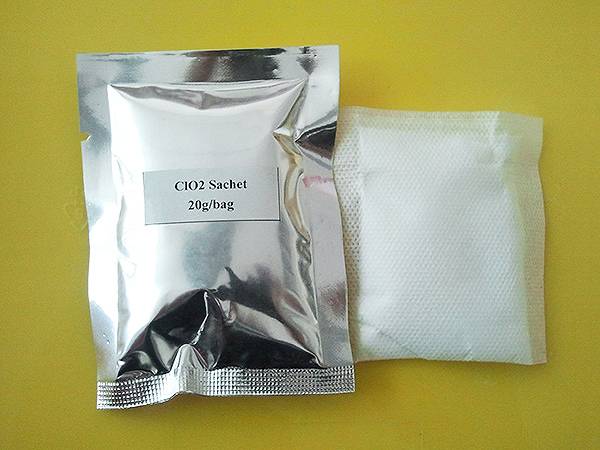



Manganese Sulphate for Plants - Essential Nutrient for Healthy Growth
The Benefits of Manganese Sulfate for Plants
Manganese sulfate, a vital micronutrient, plays a crucial role in the growth and development of plants. Often referred to as an essential element in various biochemical processes, manganese is not just beneficial; it is indispensable for optimizing plant health. This article explores the importance of manganese sulfate, its application in agriculture, and its effects on plant growth.
The Benefits of Manganese Sulfate for Plants
In addition to its role in photosynthesis, manganese sulfate plays a pivotal part in several other physiological functions. It is involved in the synthesis of chlorophyll, the green pigment that is vital for sunlight absorption and plays a significant role in plant growth. Adequate manganese levels help maintain chlorophyll levels, ensuring that plants can efficiently capture sunlight. This is particularly important for crops that are grown for their green foliage or are primarily dependent on photosynthesis for their productivity.
manganese sulphate for plants

Manganese sulfate also aids in regulating the activity of various enzymes that are crucial for cellular metabolism, including those involved in the synthesis of amino acids and proteins. This micronutrient assists in the metabolism of carbohydrates and nitrogen, contributing to healthier and more robust plant tissue. For instance, crops that require higher protein content, such as legumes, benefit significantly from adequate manganese levels.
Apart from enhancing plant growth and metabolism, manganese sulfate serves a vital role in improving the plant's tolerance to environmental stresses. Plants with sufficient manganese are better equipped to handle adverse conditions such as drought, salinity, or soil compaction. This resilience is especially critical in today's agricultural landscape, where stressors are increasingly prevalent due to climate change and unsustainable farming practices. Utilizing manganese sulfate can help ensure that crops survive and thrive even under challenging conditions.
The application of manganese sulfate in agriculture is relatively straightforward. It can be applied as a foliar spray or incorporated into the soil. The choice largely depends on the specific needs of the plants and the existing nutrient levels in the soil. Soil tests are recommended to determine the appropriate dosage, ensuring that plants receive the right amount without risking toxicity. Typical application rates range from 5 to 10 pounds per acre, depending on crop type and soil conditions.
In conclusion, manganese sulfate is a powerful ally for optimizing plant health and productivity. By facilitating essential biochemical processes, promoting chlorophyll synthesis, and enhancing stress tolerance, manganese sulfate contributes significantly to sustainable agricultural practices. Farmers and gardeners alike should consider the importance of this micronutrient, ensuring that their crops have access to manganese sulfate for robust growth and bountiful harvests. With proper utilization, manganese sulfate can lead to healthier plants, increased yields, and, ultimately, a more sustainable agricultural ecosystem.
-
High-Purity Strontium Chloride (SrCl2) for Lab & IndustryNewsAug.31,2025
-
Anhydrous Formic Acid 80% 85% 94% - High Purity SolutionsNewsAug.30,2025
-
Accurate Fire Assay Flux for Gold & Silver Ore AnalysisNewsAug.29,2025
-
Advanced Paint Chem Solutions: Quality Chemicals for CoatingsNewsAug.28,2025
-
Potassium Nitrate: The Ultimate Fertilizer for Agriculture and GardeningNewsAug.25,2025
-
Potasium Persulphate: A Versatile Chemical for Industrial ApplicationsNewsAug.25,2025
-
Industrial Applications of Sodium HydroxideNewsAug.25,2025










